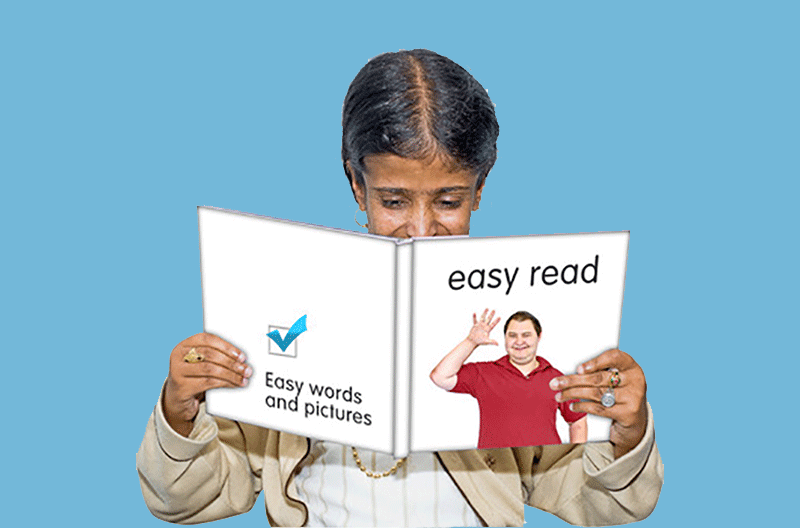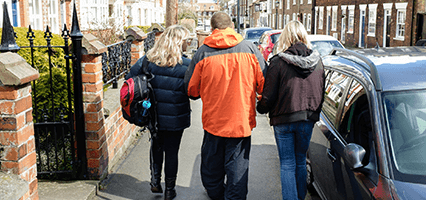Warning signs and risks
Constipation is often seen as just causing discomfort and isn’t treated as a potential serious health issue. This is wrong; if constipation is left diagnosed or untreated it can have potentially fatal consequences.
Sepsis is also a risk from prolonged constipation and it is a serious and life threatening condition. Visit sepsistrust.org to find out more about it.
These things could indicate constipation:
- Soiled pants
- Feeling irritated
- Hard poos
- Not pooing as often as usual
- Stomach ache
- Low energy
- Being sick
- Distended stomach
If you suspect constipation keep a log of symptoms, medication and environmental factors and get in touch with your GP, or the GP of the person you support.
If you support someone click the button at the top of this page for more bespoke informationNext we will cover some of the risks for constipation, please visit the page linked below to find out how to prevent constipation.
Not drinking enough
Did you know that fibre doesn’t work properly without plenty of fluids to help it pass through?
Something as simple as not drinking enough good fluids (water!) can have a huge impact on gut health and bowel movements.
The right amount of the right fluids can help keep you regular and help poo pass easily.
If your mealtimes are irregular and you aren’t getting enough water then constipation is a probability.
This also means that constipation and diarrhoea can both have a negative impact on this vital fluid balance.
Some medications for saliva control can have an influence on general hydration levels.
Not pooing enough
Ignoring the urge to poo eventually leads to chronic constipation because the rectum no longer detects or responds to the presence of the stool. The longer the stool stays in the rectum, the drier and harder it becomes which makes the stool difficult to pass.
Haemorrhoids (aka piles), anal fissures (tears near the anus) and other painful disorders can cause us to ignore the urge to go for enough poos. This, over time, can lead to a dilated rectum that doesn’t respond properly to the presence of a stool and causes constipation.
Other things that may cause distress and reluctance to use the toilet include the environment, experience or fear of abuse, previous experiences, lack of independence, lack of understanding and embarrassment.
Not moving enough
Sedentary lifestyles, such as sitting all day, lack of exercise, prolonged bed rest and inactivity all contribute to constipation.
Movement promotes Peristalsis (the wave-like muscle contractions that move food through the Digestive Tract).
Without enough of this Peristalsis your poo becomes dry and hard, which makes it much more difficult to pass than the faster moving soft stools.
Taking medications
Constipation risk is likely to increase when people are taking five or more medications.
Many drugs can cause constipation, including prescribed medication, supplements and over the counter pain relief.
Some muscle relaxants can also hinder digestion and some medications for saliva control can have an influence on general hydration levels.









